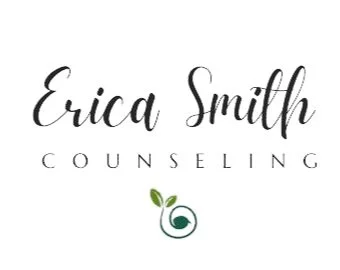
Anxiety Treatment
What is Anxiety
Anxiety is a natural response to stress, often described as feelings of worry, fear, or unease. It can be triggered by various situations, such as uncertainty, looming deadlines, or significant life changes. While occasional anxiety is a normal and even helpful reaction that prepares the body to face challenges, persistent or overwhelming anxiety may indicate an anxiety disorder.
Anxiety can manifest in both the mind and body. Common symptoms include racing thoughts, excessive worry, difficulty concentrating, restlessness, rapid heartbeat, and muscle tension. These experiences can interfere with daily life, relationships, and overall well-being.
Understanding anxiety is the first step toward managing it. By recognizing the signs and seeking support, whether through therapy, mindfulness, or other resources, individuals can regain a sense of peace and balance in their lives. Remember, relief starts here.
Treatment modalities include Cognitive Behavioral Therapy, Exposure and Response Prevention, and Acceptance and Commitment Therapy. At times, I also find it helpful to get to the root of the problem by connecting the past experiences to current struggles. Schedule a consult and we will determine what modalities will be most helpful for you.
Anxiety affects both the mind and body, and symptoms can vary from person to person. Below are common symptoms that may indicate anxiety:
Emotional Symptoms
Excessive worry or fear, even when there’s no immediate threat.
Feeling overwhelmed or on edge.
Difficulty concentrating or a sense of "mind going blank."
Irritability or restlessness.
Physical Symptoms
Rapid or pounding heartbeat.
Shortness of breath or chest tightness.
Muscle tension, trembling, or shaking.
Fatigue or difficulty sleeping (insomnia).
Sweating, dizziness, or feeling lightheaded.
Stomachaches, nausea, or digestive issues.
Behavioral Symptoms
Avoiding situations or activities that trigger anxiety.
Reassurance-seeking or procrastination.
Difficulty starting or completing tasks.
While occasional anxiety is normal, persistent symptoms that interfere with daily life might indicate an anxiety disorder, such as Generalized Anxiety Disorder (GAD), Panic Disorder, or Social Anxiety Disorder. Seeking professional help can lead to effective treatment and symptom relief.


